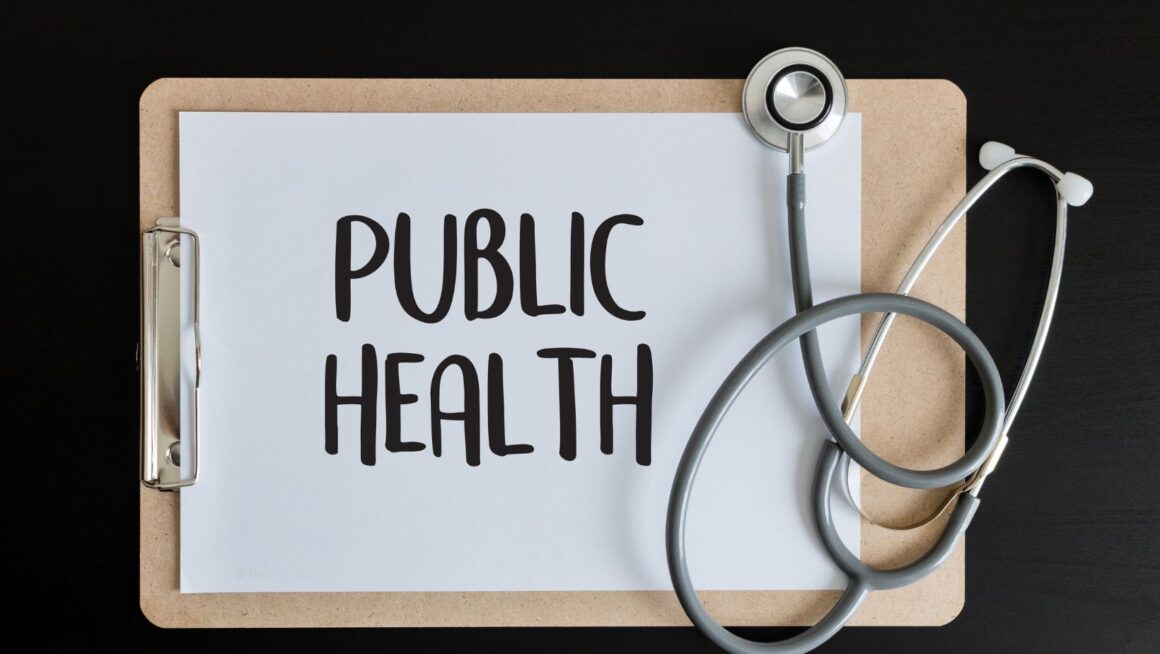Whether it be everyday health or public health disasters, we rely on strong healthcare leaders to protect us. That’s equally true for global pandemics and common health conditions, like diabetes, alike. Healthcare leaders help create treatment plans and contribute to policy changes that ensure people get proper care.
Many healthcare leaders, such as nurse leaders, are also responsible for training the next generation of healthcare professionals. That is arguably the most important part of what they do, as they can alter the future of provider-to-patient interactions.
Follow along as we explore the importance of skilled frontline leaders and how they affect our future and health.
Healthcare Leaders Play an Important Role in Public Health
Healthcare leaders play as much of a role in our health as the doctors and nurses who directly treat us. That’s because they have lots of influence and can affect treatment plans and policy changes. The frontline leaders we rely on can affect our health in many ways, such as:
1. Encourage Productivity and Positivity
Productivity and positivity go hand in hand, and that’s especially true in hospitals and clinics. Nursing is hard due to the long hours and sometimes emotional nature of the work. This can naturally lead to low morale, tension, and even a decline in motivation.
However, nurses must operate at the highest level to ensure patients get the help they need. Nurse leaders can ensure this by motivating their staff and nurturing a positive workplace. Doing so is essential to ensuring everyone does their patients justice.
Nurse leaders also have the unspoken responsibility of fostering the next generation of nurses. If taught well, they will go on to do a great job and pass these traits down to the following generation of nurses. This can create a positive loop that will only serve to aid public health for years to come.
2. Advocate for Patients
Naturally, many people take nurse leaders quite seriously as their titles hold a lot of respect. After all, it takes years to work your way up the ladder and fill the role of a nurse leader. Skilled nurse leaders often use their experience and power to advocate for their patients.
Sadly, insurance providers and even some healthcare providers don’t always rush to approve certain treatments. Nurse leaders must sometimes intervene and advocate for their patients to ensure proper care. This can lead to much better outcomes for people who otherwise may not receive the care they desperately need.
Nurse leaders are sometimes put in difficult positions where they must have tough conversations. However, nothing is more fulfilling than using your knowledge and power to make a difference in someone’s life.
3. Push for Change
Sadly, laypeople often struggle to yield results when pushing for healthcare policy changes. Healthcare providers and insurance companies typically take people more seriously if they have a deep understanding of the healthcare world. That’s where skilled frontline nurse leaders come in.
Experienced nurse leaders understand the needs of their patients and how these needs are met or not met. Healthcare policies undoubtedly affect public health in many ways. Nurse leaders can help ensure a positive future for the people in their communities by pushing for policy changes.
Such changes don’t occur overnight, but every push counts. You can make a huge difference in your community by advocating for inclusivity and changes that help others. Pushing for such changes can improve the quality of people’s lives and even save lives.
4. Embrace Innovation
Healthcare is an ever-evolving landscape due to technological and policy changes. However, many healthcare institutions neglect such changes and often hesitate to embrace them. As a healthcare leader or nurse leader, you must keep your ear to the ground and stay up to date on innovations.
That way, you can draw attention to new changes and encourage your healthcare institution to adopt them. This includes new treatments, equipment, vaccines, and even basic pieces of equipment. For example, new treatments pop up as viruses mutate, and healthcare institutions must react quickly.
Embracing such changes can help give your patients a great shot at getting the best care possible. Some innovations simply help the hospital and nursing staff do their jobs, and they are just as important. The future of healthcare relies on people embracing change and looking for new ways to streamline and improve operations.
5. Prioritize Patient Satisfaction
Because healthcare is an industry, some people fall into a rut of treating it like a simple job. This mindset is dangerous and can lead to poor patient satisfaction and even negative health consequences. It starts at the top, and nurse leaders who fail to prioritize patient satisfaction will teach the next generation poor habits.
This can lead to a negative lineage of nurses and other healthcare providers who don’t prioritize patient satisfaction. Healthcare leaders pass traits like parents pass genes, so it’s important to be careful when setting an example. As a leader, you must set a strong example of how to interact with and advocate for patients.
This is important whether you’re an Adult-Gerontology Primary Care Nurse Practitioner or a traditional registered nurse. Satisfied patients are not only happier, but also more likely to take your guidance and treatment plan to heart. That can ultimately lead to better outcomes for years to come as these positive behaviors continue.
Healthcare Leaders Can Dictate the Future of Healthcare
Healthcare leaders hold unparalleled positions that can ultimately change the future of the field.

Their ability to advocate for patients, push for policy changes, and train employees can determine what the future of healthcare holds for us. Putting our faith and support in such people can help show our appreciation and further empower them.





